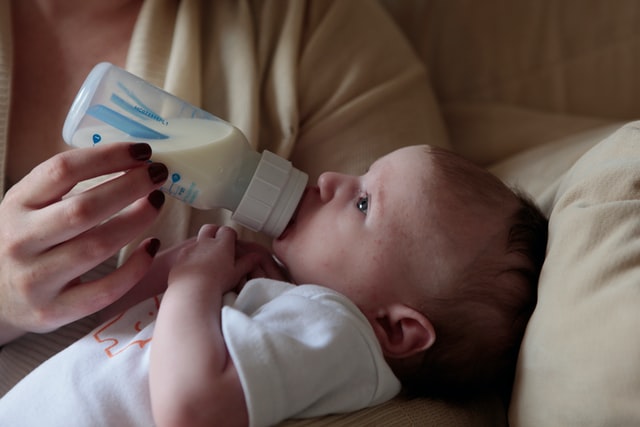Your skin can be negatively impacted by what you eat. Your skin is a reflection of the health of your body, and it’s important to maintain a healthy diet that will give you glowing skin, rather than one that will leave you with unhealthy-looking skin. Here are some facts about how the food you eat impacts the appearance of your skin.
1. Toxins
Your skin can be affected by toxins in your food, which means foods that are high in pesticides, herbicides, and growth hormones. These types of foods can cause inflammation and breakouts. Because of this, you should consider flushing out toxins from your body with juice cleansing. This essentially means that you will drink a lot of fruit and vegetable juice for one to three days, or as long as your body can handle it. For those who don’t want to go straight for the juicer, you can also try a detox supplement that will help flush toxins from your body.
2. Genes
Some people are simply genetically predisposed to have acne-prone skin, but that doesn’t mean they can’t do anything about it. If you know that you have oily skin then stick to a diet that’s low in sugar and simple carbohydrates which break down into sugar quickly. This means cutting back on white bread, pasta, pastries, cakes, etc. because these foods cause inflammation just like pesticides and growth hormones do. Eat more lean meats, fish, fruits, and vegetables.
3. Lifestyle
Smoking can cause wrinkles and premature aging in your skin, but it also causes damage to the blood vessels that supply nutrients to your skin cells. That means that smoking can make you more likely to get a sunburn or windburn because it inhibits the healing process in your skin. When this happens you might see redness on your face after being out in the sun for too long or even experience a swollen face from an allergic reaction. Both conditions will leave you with unattractive facial features that will ultimately lead to a damaged appearance of the skin. Also, eating disorders such as bulimia and anorexia can have damaging effects on your body including causing teeth problems along with discoloration of the teeth.

4. Water
Your skin is composed of about 60% water, so it’s important to keep yourself hydrated. If you are dehydrated, your skin will become dry and flaky – not a good look for anyone! You can tell you aren’t getting enough water when your pee is dark yellow or even brown, meaning there isn’t much more to flush out of your system. Try drinking two liters of water every day to stay properly hydrated. Keep in mind that caffeine acts as a diuretic that encourages urination which removes fluids from the body rather than keeping them in. So if you drink coffee then try cutting back on how much you consume per day because too much caffeine can cause your skin to look sallow, which of course isn’t very attractive.
5. Sugar
Instead of eating processed sugar, eat fruits like blueberries and raspberries for antioxidants, as well as whole grains that will give you energy without causing a spike or crash in blood sugar levels. When blood sugar levels rise after we eat we release insulin into the bloodstream to process excess glucose (sugar) and then our blood sugar drops leaving us feeling hungry soon after eating, even though we just ate a meal. This is bad for your skin because it causes weight gain from overeating and leads to inflammation which ages your skin prematurely. You should also avoid sugar because it stimulates the production of hormones that increase oil secretion in your skin, which will cause acne.
6. Salt
You should be limiting the amount of salt you eat because too much sodium causes fluid retention which may cause puffiness in your face, giving you an unhealthy appearance. This mostly affects your face and hands, but if there is excess fluid throughout your whole body then it can affect other areas as well, like under the eyes or behind the knees. Salt can also cause bloat in your stomach which you will likely notice in your midsection.
If you follow these guidelines for what to eat you will be sure to have healthy skin that glows rather than one that looks dull and grayish. These steps to take are not only great for how they impact the health of your skin, but also for overall health so that you’ll feel good on top of looking good! Food can impact how attractive we look by not only impacting our actual features but also by affecting the health of our skin from the inside out.



